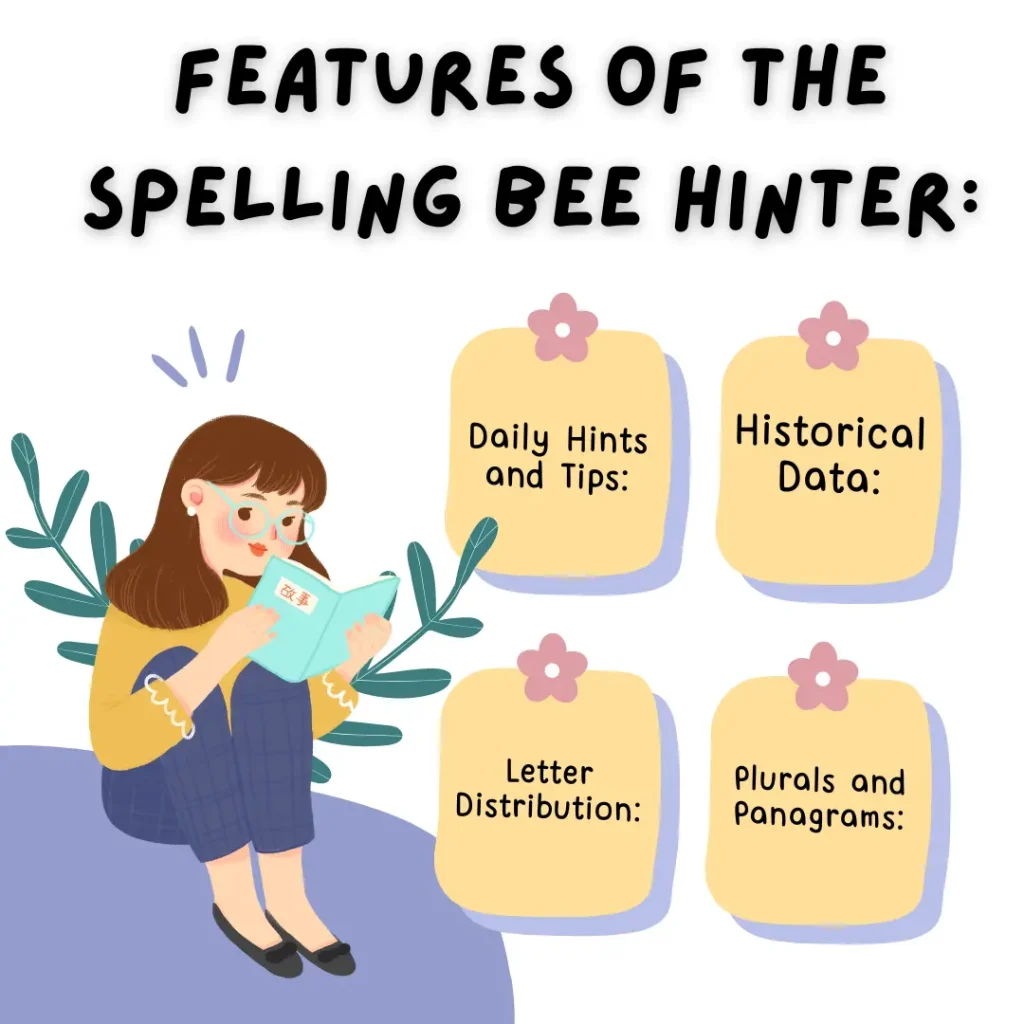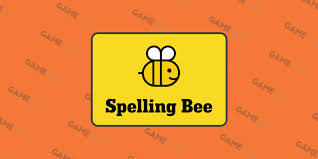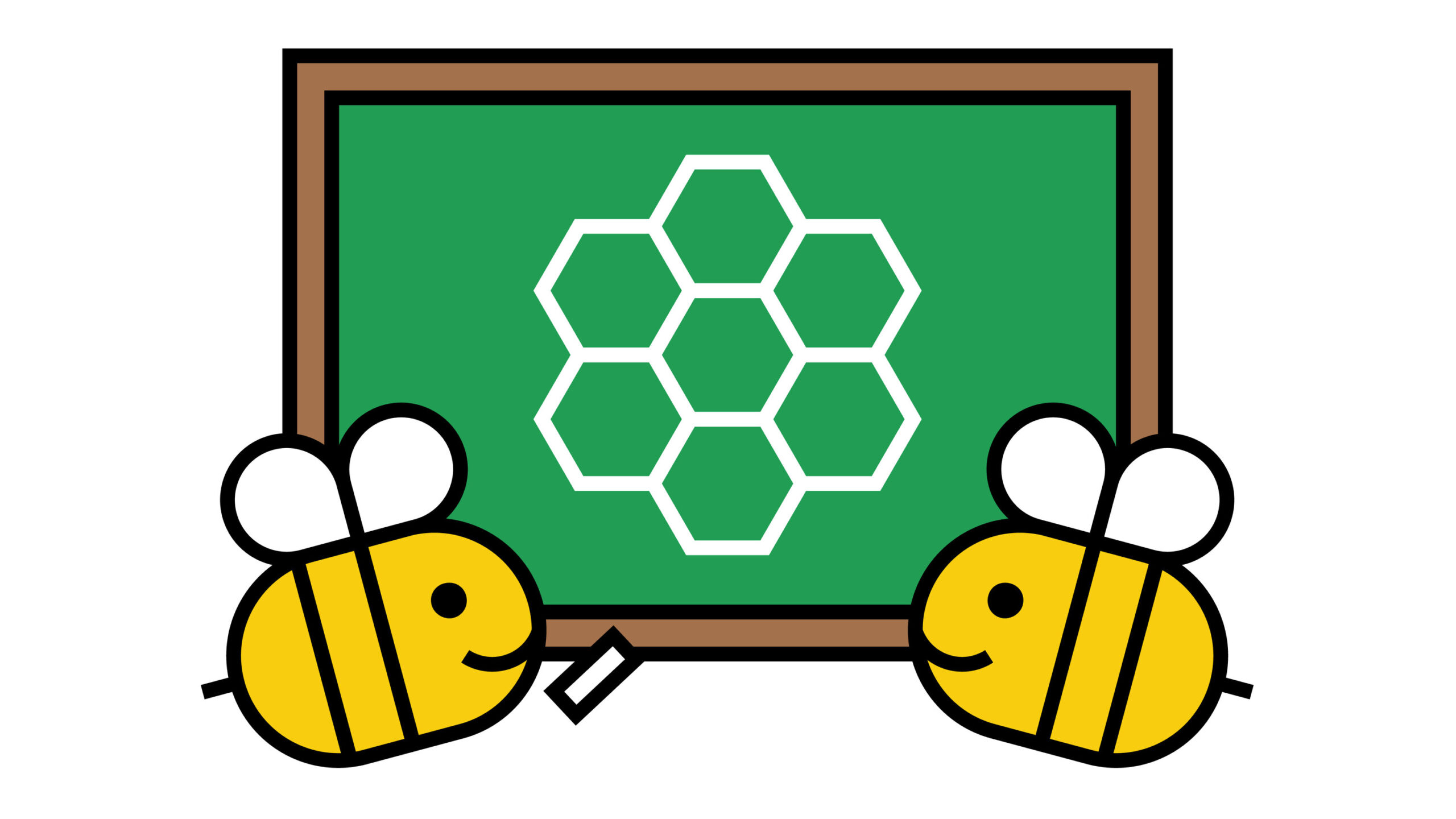Introduction to Spelling Bees
Spelling bees are competitions where participants spell words aloud, often in front of an audience. These events test spelling knowledge, memory, and quick thinking. Participating in spelling bees can be challenging, but it becomes easier when you use effective spelling bee hints. Knowing some strategies can help participants feel confident and prepared.
Must read spelling bee answers
Importance of Spelling Bee Hints
Using hints is crucial for mastering spelling bees. These tips can simplify complicated words, improve memory, and boost participants’ confidence. Spelling bee hints guide students in learning complex words, understanding their meanings, and remembering how to spell them correctly.

Key Strategies for Spelling Bee Success
- Learn the Word’s Meaning: Understanding the definition of a word makes it easier to remember. If you know what a word means, it becomes more than just a series of letters.
- Ask for Word Origin: The origin of a word, such as Greek, Latin, or French, can give clues to its spelling. Many words from similar origins follow consistent patterns.
- Practice with Word Lists: Word lists from past spelling bees can be helpful. They allow participants to familiarize themselves with commonly used words.
- Break Words into Syllables: Pronouncing words in smaller parts can simplify the spelling process. It also helps to slow down and spell each syllable carefully.
- Use Visualization: Visualizing the word as you spell it can be a powerful way to remember letter sequences.
Understanding Word Origins and Etymology
Word origins, or etymology, are the history of where a word comes from. Recognizing word roots, prefixes, and suffixes is a helpful hint for spelling bees. Here are some tips related to word origins:
You can also see doublelist app
- Greek Roots: Words with Greek origins often include “ph” for the “f” sound, like in philosophy.
- Latin Roots: Latin-derived words often use “qu” for the “kw” sound, as in quiz.
- French Influence: Many words in English come from French. They often have silent letters, like ballet or chaos.
- German Roots: Words from German often have more straightforward spelling, like kindergarten.
Common Spelling Patterns and Rules
Learning spelling patterns and rules is one of the best spelling bee hints. Here are some common patterns to remember:
- “I before E, except after C”: A classic rule for words like believe and receive. There are exceptions, but this is a good general guideline.
- Silent “E” Rule: In many words, a silent “e” at the end can change the vowel sound, as in rate vs. rat.
- Double Consonants: Words often double consonants when adding a suffix, like hopping vs. hoping.
- Plural Rules: Remember that many plurals simply add “s,” but words ending in “y” often change to “ies,” like puppy to puppies.
The Role of Pronunciation in Spelling
Pronunciation plays a vital role in spelling. Here are some tips on how it can help:
Have a look at 6x classroom
- Listen Carefully: Pay close attention to how the word is pronounced. Each syllable can be a clue to its spelling.
- Ask for Repetition: If you’re unsure, ask the judge to repeat the word. It is allowed and can clarify pronunciation.
- Stress Patterns: Notice where the stress is placed in the word. Stress can indicate how many syllables are in the word, making spelling easier.
Techniques for Memorizing Difficult Words
Memorizing challenging words requires practice and effective techniques. Here are some methods:
- Chunking Method: Break a difficult word into smaller parts or chunks. For example, break psychology into psy-cho-lo-gy.
- Flashcards: Use flashcards with the word on one side and its meaning and origin on the other. It’s a great way to test yourself.
- Repetition: Repeat the word multiple times. Write it down, say it aloud, and review it until it sticks in your memory.
- Practice in Context: Write the word in a sentence. This helps you remember its usage and spelling.
Practicing with Spelling Bee Word Lists
Practicing with word lists is one of the best ways to prepare for a spelling bee. Here’s how to make the most of them:
- Daily Practice: Set aside time each day to go through a word list. Focus on the words that are more challenging for you.
- Group Words by Origin: Group words with similar origins. This helps to notice common spelling patterns.
- Challenge a Friend: Practice with a partner. Take turns giving each other words to spell.
Using Mnemonics as Spelling Hints
Mnemonics are memory aids that help you remember complex information. For spelling, they can simplify learning difficult words:
- Acronyms: Use acronyms to remember tricky letter sequences. For example, Necessary: Never Eat Cake, Eat Salad Sandwiches And Remain Young.
- Rhymes: Create rhymes for words. For example, “i before e except after c” or “there’s a rat in separate.”
- Visualization: Visualize the word and link it to an image. This can be especially useful for abstract or unusual words.

Staying Calm During the Spelling Bee
Spelling bees can be nerve-wracking. Staying calm is key to performing well. Here are some tips:
- Practice Deep Breathing: Take a deep breath before you begin. It helps to clear your mind and focus.
- Focus on the Word: Concentrate on the word you’re given, not the audience. Visualize the letters as you spell.
- Remember, It’s Okay to Make Mistakes: Everyone makes mistakes. Focus on doing your best, and don’t worry about being perfect.
Conclusion
Mastering spelling bees requires practice, patience, and the right strategies. Using spelling bee hints like understanding word origins, memorization techniques, and practicing with word lists can make a big difference. With the right preparation, anyone can improve their spelling skills and confidently compete in spelling bees.
FAQs
How can I get better at spelling?
To improve your spelling, practice daily with word lists, use mnemonic devices, and learn common spelling rules. Understanding word origins also helps with more complex words.
What is the most common spelling bee mistake?
A common mistake is rushing while spelling. Take your time to pronounce the word clearly and spell each letter carefully.
How do I memorize difficult words for a spelling bee?
Break the word into syllables, use mnemonic devices, and practice regularly. Flashcards and writing the word multiple times can help reinforce your memory.
Are spelling patterns important in spelling bees?
Yes, recognizing spelling patterns can help predict how a word is spelled, especially when faced with unfamiliar words. It is one of the best strategies for spelling bee preparation.
Can spelling bee hints help beginners?
Absolutely! Spelling bee hints simplify the process of learning new words. They are especially useful for beginners who are just starting to explore the world of competitive spelling.
